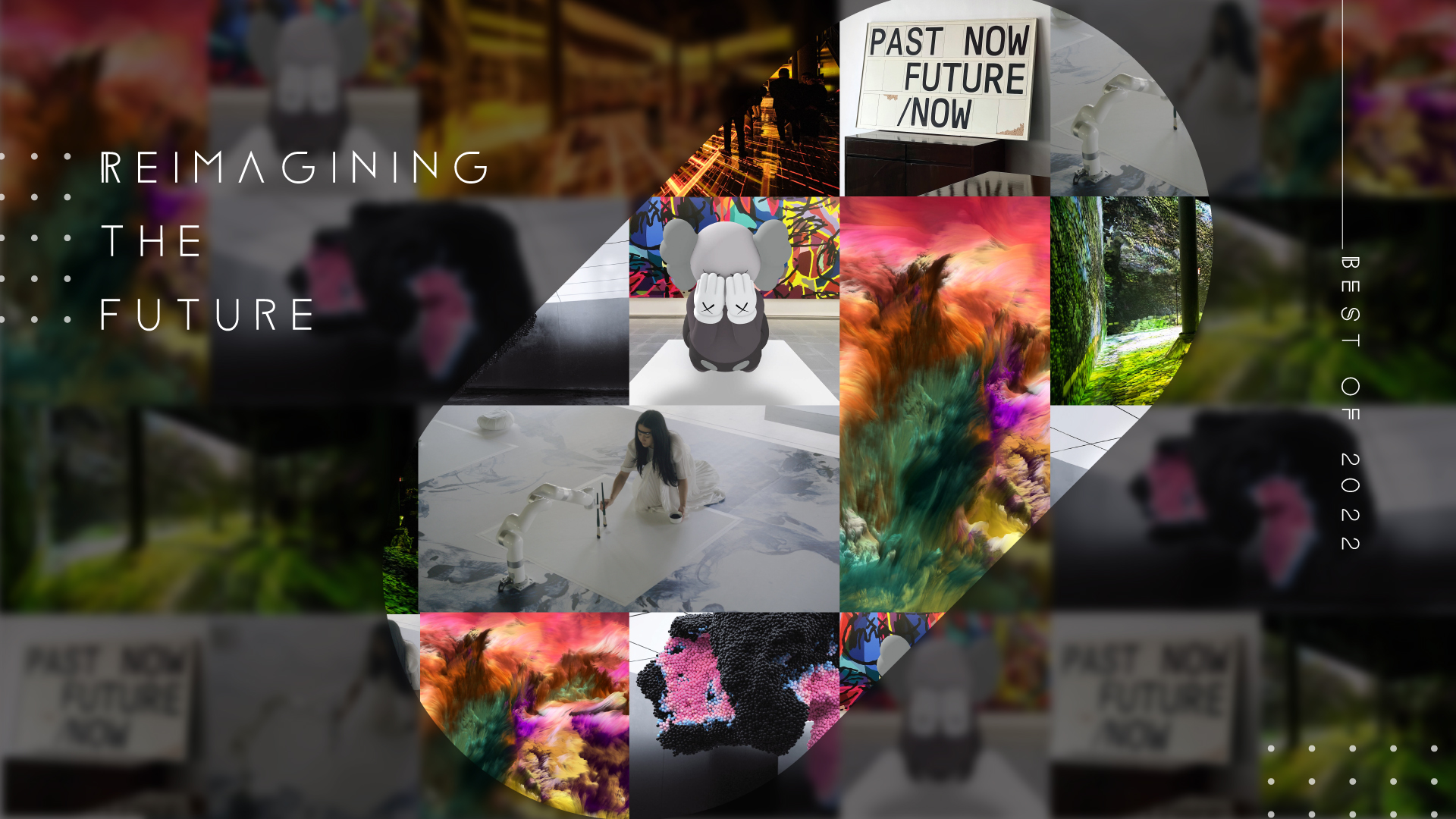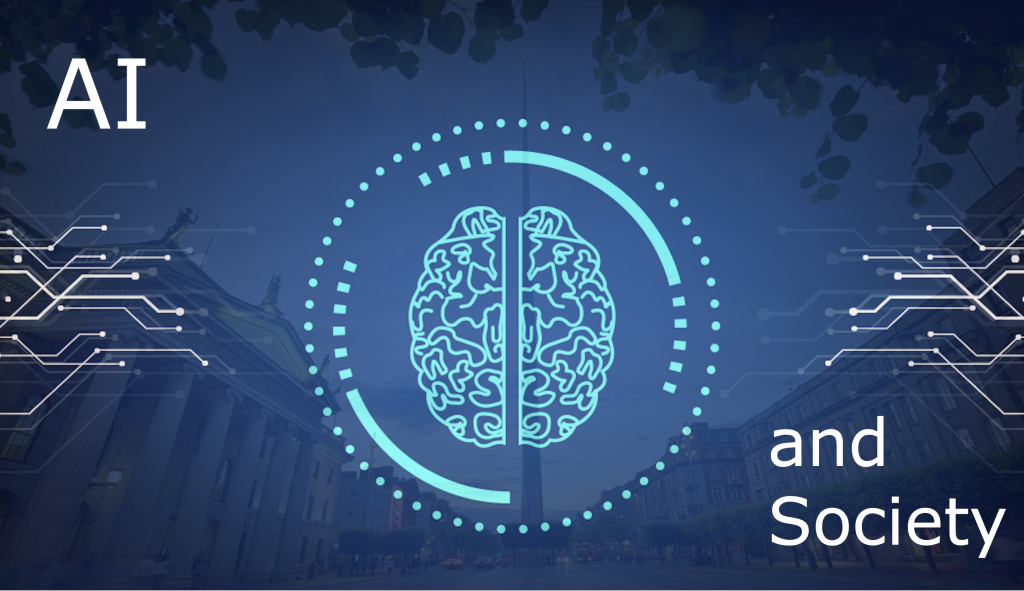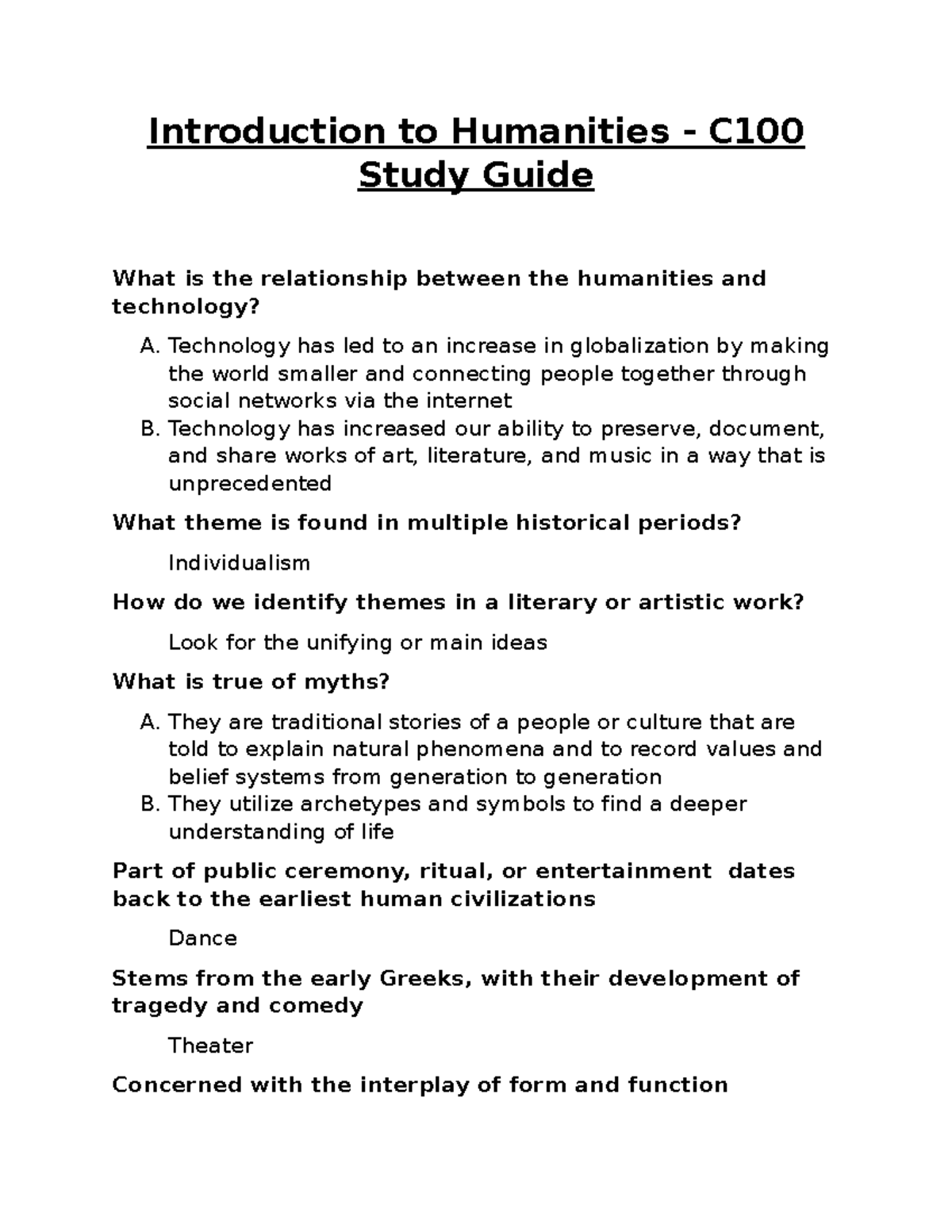Reimagining the future requires a radical shift in our collective mindset about technology and society. As Ruha Benjamin highlights, the prevalent narratives often paint a dystopian picture driven by those in power, particularly within the tech industry, where AI and social justice issues intertwine. Instead of succumbing to fear, we must embrace creativity and the humanities to envision a world that defies current limitations. By broadening our scope beyond conventional thinking, we can challenge the frameworks that uphold injustice. This is an urgent call to action: let’s not just seek to reshape existing systems but to fundamentally rethink the future of technology and its role in social equity.
Envisioning what lies ahead involves a transformative process that empowers communities to challenge existing societal paradigms. This rethinking of potential realities can guide us towards a more equitable landscape, where technology serves humanity rather than exacerbating divisions. Scholars, such as Ruha Benjamin, advocate for the integration of creativity and humanistic approaches, urging us to reconsider our collective aspirations. By moving past the fatalistic views often portrayed in discussions about AI and advancements, we can explore innovative solutions that prioritize public good over profit. Emphasizing collaboration across diverse fields will enable us to craft a future where social justice and technological progress coexist harmoniously.
Embracing Social Justice in AI Development
The intersection of artificial intelligence (AI) and social justice is a pressing concern that demands our attention. Ruha Benjamin argues that the deployment of AI technologies often perpetuates existing societal inequalities rather than alleviating them. For instance, systems such as facial recognition can lead to wrongful arrests, disproportionately affecting marginalized communities. It is crucial for developers and technologists to consider the ethical implications of their work, adopting inclusive practices that prioritize the well-being of all individuals, not just those in power.
Moreover, understanding social justice means recognizing that technology is not neutral; it is shaped by the values and biases of its creators. This raises important questions about who gets to partake in the technological revolution. By inviting diverse voices from various backgrounds to collaborate in AI development, we can create solutions that reflect a broader spectrum of human experiences. Such collective action challenges the status quo and fosters innovations that uplift society as a whole.
Reimagining the Future of Technology
When we think about the future of technology, it is essential to envision a landscape that is reflective of our collective aspirations rather than dystopian fears. Ruha Benjamin encourages us to go beyond simply accepting the narratives spun by tech elites and to actively participate in shaping a future characterized by equity and justice. This means questioning the motives behind AI advancements that claim to benefit society while often serving the interests of the wealthy. The call to reimagine our technological future is a powerful invitation to design systems that empower rather than oppress.
This reimagination involves cultivating creativity, particularly within the realms of humanities, arts, and social sciences. By integrating artistic vision with technological development, we can explore possibilities that traditional tech narratives overlook. For example, instead of focusing solely on efficiency, we should consider how technology can foster community, support mental well-being, and enrich our cultural experiences. Envisioning a future that prioritizes human values over profits can lead to groundbreaking innovations that transform our society into one that thrives on inclusivity and belonging.
The Role of Humanities in Tech Innovation
As Ruha Benjamin aptly points out, to address the complex societal challenges posed by artificial intelligence, we must turn our gaze towards the humanities. This discipline provides critical insights into human nature, ethics, and social structures that are often overlooked by purely technical approaches. By bridging the gap between engineering and the arts, we enhance our ability to apply technological solutions meaningfully. The humanities inspire us to develop technologies that respect human dignity and prioritize societal welfare.
Furthermore, integrating humanities into technology education encourages students and professionals to think critically about their work. It cultivates a mindset that values empathy, collaboration, and ethical consideration in technological design. By promoting this interdisciplinary approach, we not only foster a generation of innovators who can envision a more just and equitable world but also challenge reductive views of technological progress as solely driven by algorithmic logic. Instead, we affirm the importance of human creativity and emotional intelligence in shaping our future.
Challenging Dystopian Narratives in Tech
Dystopian futures often dominate discussions about the implications of AI and automation. However, Ruha Benjamin challenges this narrative by urging us to confront the fears and anxieties that underpin such visions. The portrayal of technology as a harbinger of social decay overlooks the profound potential of human ingenuity to shape our realities for the better. Benjamin invites us to question the inevitability of these dystopias and to imagine alternatives that harness technology for collective good.
To combat dystopian narratives, it is imperative to foster an environment where creative thinking flourishes. By actively engaging in discussions about the ethical and social implications of technological advancements, we empower individuals to envision futures that are not only sustainable but thrive on cooperation and care. This approach transforms our relationship with technology from one of fear to one of possibility, laying the groundwork for a hopeful and inclusive future.
Redefining Progress through Collaborative Imagination
In the quest for a more just future, collaboration and collective imagination play vital roles. Ruha Benjamin emphasizes the importance of having diverse perspectives at the forefront of technological discourse. By bringing together voices from different cultures, disciplines, and life experiences, we expand our capacity for innovation and problem-solving. This inclusive approach not only enriches our understanding of societal needs but also ensures that technological advancements are relevant and accessible to all.
Moreover, this commitment to collaboration encourages us to redefine what we consider progress. Instead of mere economic gain or technological sophistication, true progress should be measured by the enhancement of human connections and social welfare. The collective imagination can lead us to creative solutions that transcend traditional boundaries and envision a world where technology serves as a bridge rather than a barrier. Such a paradigm shift advocates for a future where equity and humanity are at the forefront of technological advancement.
Imagining a World Beyond Surveillance
As AI technologies proliferate, concerns about surveillance and control intensify. Ruha Benjamin calls for a radical rethinking of these systems, envisioning societies that prioritize freedom and privacy. The reigning narrative often depicts surveillance as a necessary evil for safety and efficiency. However, we must challenge this notion and propose alternatives that uphold individual rights and foster trust within communities. A commitment to reimagining a post-surveillance world invites creative solutions that leverage technology for transparency and empowerment rather than oppression.
Envisioning a future devoid of pervasive surveillance encourages us to explore innovations that center on community engagement and collective well-being. By prioritizing human rights in the development of technology, we can create tools that facilitate communication and cooperation without compromising personal freedoms. This collective effort not only dismantles existing systems of control but also empowers individuals to reclaim their narratives, ultimately leading to a more equitable technological landscape.
Inviting Inquiry through Arts and Technology
Ruha Benjamin advocates for the inclusion of arts and humanities in the dialogue surrounding technology and its growth. By incorporating artistic inquiry, we foster critical thinking that questions the status quo and encourages innovative solutions to pressing societal challenges. The arts allow us to ask ‘What if?’ as we engage with the implications of technology, nurturing a culture of imagination that can inspire practical applications for the future.
Engagement with the arts within the realm of technology not only drives creativity but also ensures that we remain attentive to the nuances of human experience. Artistic expression can illuminate the disparities caused by technological interventions and push us towards solutions that are culturally informed and socially responsible. This invitation to inquiry cultivates a more nuanced understanding of the relationship between technology and society, ultimately guiding us towards a more just and equitable future.
The Importance of Ethical Tech Leadership
Ethical leadership in technology is paramount as we navigate the rapidly evolving landscape of artificial intelligence. Ruha Benjamin stresses the need for leaders in tech firms to prioritize societal well-being over profit margins. This shift in focus will require a commitment to transparency, accountability, and inclusivity in decision-making processes. Ethical tech leadership challenges the prevailing idea that technological advancement is inherently beneficial, prompting leaders to consider the broader impact of their innovations on communities and individuals.
Furthermore, fostering an ethical leadership model requires ongoing dialogue between technologists, ethicists, and community representatives. By engaging in this collaborative process, we can create frameworks that inform the responsible development of technology, ensuring that it serves the collective good. This approach not only counters harmful practices but also builds public trust, demonstrating that technology can be a force for positive change when guided by principled leadership.
Creating a Vision for an Inclusive Future
To create a vision for a more inclusive future, we must engage in thoughtful conversations around the role of technology in our daily lives. Ruha Benjamin encourages us to dream boldly, imagining a world where technological advancements do not exacerbate existing inequities but instead contribute to social change. This vision challenges us to consider how we can harness emerging technologies to bring about inclusive practices across various sectors, including healthcare, education, and civic engagement.
Ultimately, fostering an inclusive future requires us to work alongside the communities most affected by technological changes. By prioritizing their voices and experiences, we can co-create solutions that genuinely address their needs. This collaborative effort not only enriches the innovation process but also affirms the importance of equity in technology, fundamentally shaping our collective aspirations for a just and equitable world.
Frequently Asked Questions
How does Ruha Benjamin envision reimagining the future in relation to AI and social justice?
Ruha Benjamin advocates for a future where AI technologies are critically assessed through the lens of social justice. She emphasizes that we need to be wary of tech elites whose visions often align with self-interest rather than the collective good. By reimagining the future, she calls for a focus on creativity and the inclusion of diverse perspectives in technology development, ensuring that decisions are informed by social context and historical understanding.
What role do the humanities play in reimagining the future of technology according to Ruha Benjamin?
According to Ruha Benjamin, the humanities play a crucial role in reimagining the future of technology by fostering creativity and critical inquiry. She argues that understanding societal impacts is essential for technological advancement, and universities should prioritize these fields to ensure innovative solutions are grounded in ethical considerations and diverse knowledge.
What are the dangers of a dystopian future as outlined by Ruha Benjamin in her discussions on AI?
Ruha Benjamin warns that a dystopian future can emerge from the unchecked deployment of AI technologies that often perpetuate oppression. She highlights risks such as biased facial recognition leading to wrongful arrests and automated systems prioritizing efficiency over human welfare, thus underscoring the need for a critical reimagining of tech development that centers on justice and equity.
How can society avoid a dystopian future when it comes to AI and technology?
To avoid a dystopian future regarding AI and technology, Ruha Benjamin suggests fostering an inclusive dialogue that involves voices from diverse fields beyond just technical expertise. This means reimagining technology to prioritize ethical outcomes, addressing societal inequities, and creatively envisioning solutions that promote collective well-being rather than reinforcing existing power structures.
What is Ruha Benjamin’s call to action for individuals regarding the future of AI?
Ruha Benjamin’s call to action encourages individuals to engage in imaginative thinking about the future. She urges people to challenge conventional narratives and ask ‘Now what?’ instead of settling for marginal improvements. By reimagining our systems and envisioning a world that transcends existing boundaries and inequities, we can collectively contribute to a more just and equitable future.
| Key Points | Details |
|---|---|
| Radical Future Vision | Ruha Benjamin encourages citizens to envision a future that moves beyond current limitations. |
| Critique of Tech Elites | Tech billionaires’ claims of altruism in AI development are often self-serving and cannot be relied upon for societal benefit. |
| Consequences of AI | AI technologies may perpetuate oppression instead of alleviating it, affecting marginalized groups adversely. |
| Need for Diverse Perspectives | Decision making in technology must include voices from various societal backgrounds, not just technical experts. |
| Creativity and Imagination | A focus on arts and humanities is essential to inspire critical thinking and reimagining societal structures. |
| Transformative Inquiry | Reimagining public goods can lead to innovative solutions beyond current societal confines. |
Summary
Reimagining the future starts with envisioning a landscape where creativity and social justice harmonize to innovate rather than oppress. Ruha Benjamin’s perspective highlights the need to challenge the narratives set by tech elites and to embrace diverse knowledge that encompasses both technical and social wisdom. By prioritizing imagination and critical inquiry, we can dismantle existing barriers and foster a future that promotes equity, public good, and genuine progress.



